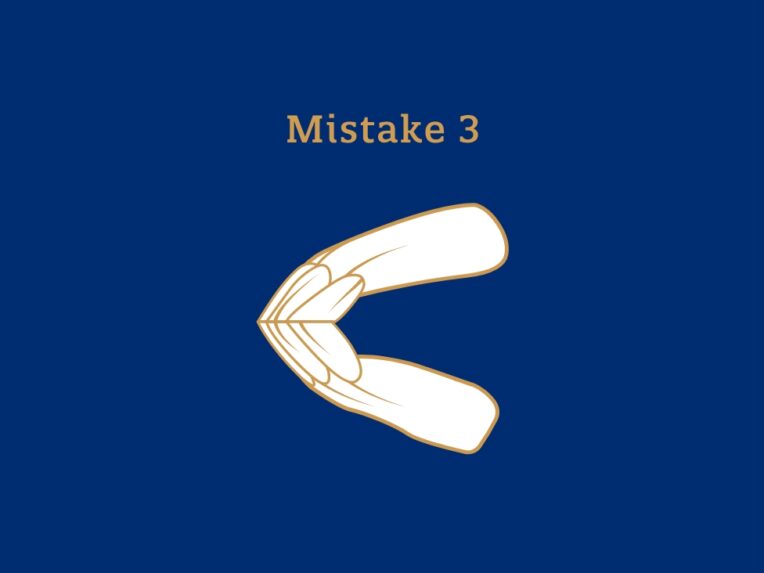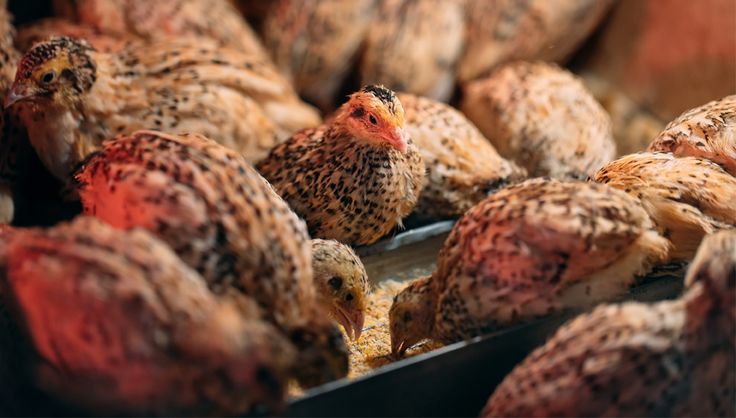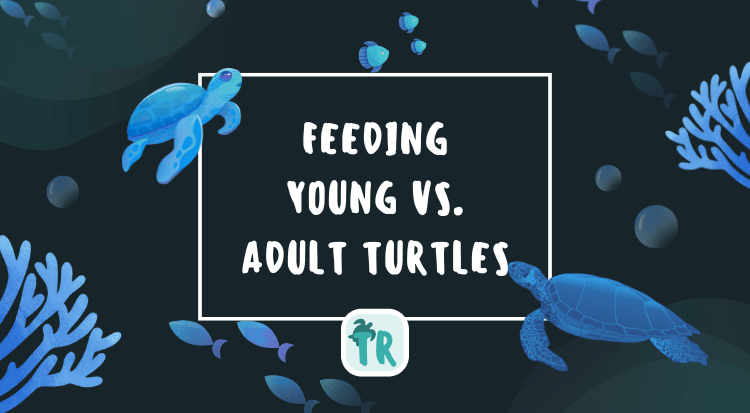Common Feeding Mistakes to Avoid

Feeding your pet or child properly is crucial for their health and development. However, many people unknowingly make common feeding mistakes that can lead to nutritional deficiencies, digestive issues, or behavioral problems. This article explores these mistakes in detail and offers practical advice to help you avoid them.
Table of Contents

- Overfeeding
- Underfeeding
- Poor Food Choices
- Inconsistent Feeding Schedule
- Ignoring Hydration
- Lack of Variety
- Feeding Human Food
- Not Monitoring Weight and Health
- FAQs
1. Overfeeding

Overfeeding is one of the most frequent mistakes, often stemming from a desire to show love or concern. Excessive feeding can lead to obesity, which increases the risk of diabetes, joint problems, and heart disease.
| Signs of Overfeeding | Consequences |
|---|---|
| Weight gain | Obesity |
| Lethargy | Reduced activity |
| Digestive upset | Vomiting, diarrhea |
Tips to avoid overfeeding:
- Measure portions carefully.
- Follow feeding guidelines on packaging.
- Consult a veterinarian or nutritionist.
2. Underfeeding
Underfeeding can cause malnutrition, stunted growth, and weakened immune systems. It often results from misunderstanding portion sizes or restrictive diets.
How to recognize underfeeding:
- Weight loss
- Low energy levels
- Poor coat or skin condition
3. Poor Food Choices
Choosing inappropriate foods lacking essential nutrients can harm health. For example, feeding low-quality pet food or processed snacks high in sugar and salt.
Recommendations:
- Opt for balanced, nutrient-rich foods.
- Avoid artificial additives and fillers.
4. Inconsistent Feeding Schedule
Irregular feeding times can disrupt metabolism and cause digestive issues.
Best practices:
- Establish a consistent daily feeding routine.
- Avoid free-feeding unless advised by a professional.
5. Ignoring Hydration
Water is vital for digestion, temperature regulation, and overall health. Neglecting hydration can lead to serious health problems.
Ensure:
- Fresh water is always available.
- Monitor water intake, especially in hot weather.
6. Lack of Variety
Feeding the same food repeatedly can lead to nutrient imbalances and boredom.
Solution:
- Introduce a variety of foods gradually.
- Include different protein sources, vegetables, and grains.
7. Feeding Human Food
Many human foods are toxic or unhealthy for pets and children.
Avoid:
- Chocolate, onions, garlic (toxic to pets)
- Excessive sugary or fatty foods
8. Not Monitoring Weight and Health
Regular health checks and weight monitoring help catch feeding-related issues early.
Tips:
- Schedule routine vet or doctor visits.
- Keep a feeding and health journal.
FAQs
Q1: How often should I feed my pet or child?
A: It depends on age, species, and health status. Generally, pets are fed 1-2 times daily, while children have 3 meals plus snacks.
Q2: Can I give treats during feeding times?
A: Treats should be given sparingly and not replace balanced meals.
Q3: What if my pet refuses to eat?
A: Consult a veterinarian to rule out health issues.
By avoiding these common feeding mistakes, you can ensure better health and happiness for your loved ones. Proper nutrition is the foundation of a vibrant life!
